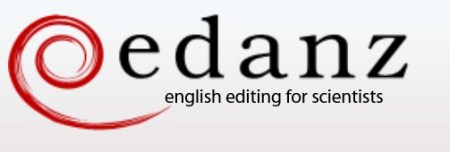
One of the most frequently asked questions I receive is for information on how to find good journals to publish in. Here are three useful, online resources that provide journal suggestions or recommendations to researchers.
First of all, the best way to become familiar with the top journals in your field is to
- Read many articles in your area of study and take note of where the best ones are published
- Consult with senior colleagues in your department
- Consult with an academic librarian
If you still need some ideas, here are three-four free, automated services that might prove helpful:
- Edanz Journal Selector = http://www.edanzediting.com/journal_selector
- Elsevier Journal Finder = http://journalfinder.elsevier.com/
- Journal Article Name Estimator (Jane) = http://www.biosemantics.org/jane/
- Cofactor Journal selector = http://cofactorscience.com/journal-selector

1. Edanz Journal Selector. Edanz is a Hong Kong-based company that provides fee-based services to authors such as copyediting and letter writing. One of its services is a journal finder, and I find that this service is currently free on their website. Among the three services described here, this one appears to have the broadest coverage. The company also appears to have a fee-based journal finding service, but I cannot tell how it differs from this free one.

2. Elsevier Journal Finder. If you are suspecting that this product only includes Elsevier journals in its database, you’re right, and there’s nothing wrong with that. Elsevier publishes over 2,000 top journals in many scholarly fields. This service does allow users to limit search results to open-access journals. The results screen the Elsevier Journal Finder is helpful and provides in-depth journal information such as impact factor, editorial times, acceptance rates, and production times.

3. Journal Article Name Estimator (Jane). This service originates in the Netherlands. It is limited to journals included in Medline, a database published by the U.S. National Library of Medicine. Thus, it’s limited to biomedical sciences journals. This one offers an alternative search method to entering your article’s title and abstract — you can enter keywords in a simple search box.
But many library catalogs also offer this keyword functionality, so if you’re unsuccessful at all the above methods, try entering keywords in your library online catalog, limiting the search results to scholarly journals.
Update, July 7, 2014:
I regret forgetting to include JournalGuide, a new service that matches those described here.
Also, the difference between Edanz’s free and for-fee journal finding services are described here.











